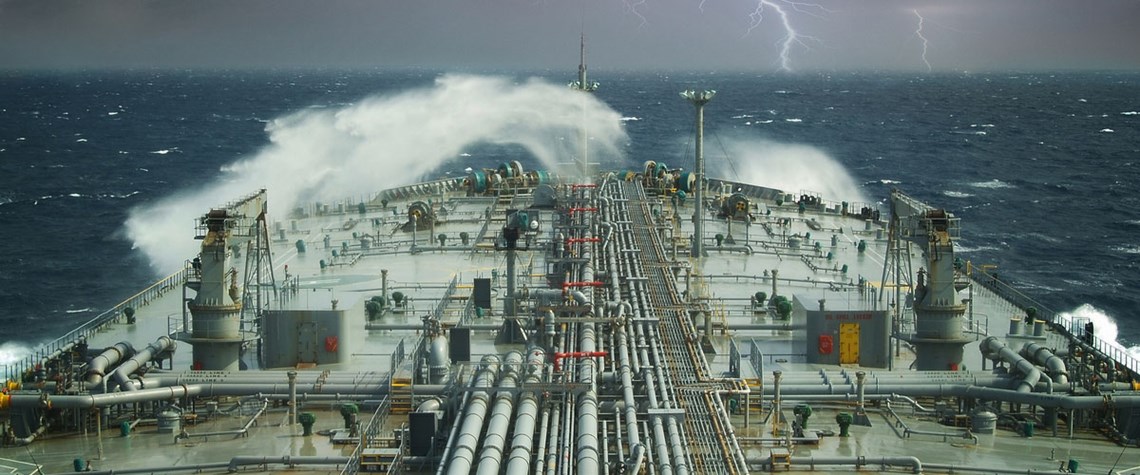Shipping faces tough decarbonisation choices
Supply chains will be critical as the maritime sector looks for alternative fuels
Shipping accounts for significant greenhouse gas (GHG) emissions, and the industry is accelerating its efforts to meet ambitious UN decarbonisation goals. But it remains unclear which competing solution—or combination of solutions—will prevail. The International Maritime Organisation (IMO) is targeting a 50pc cut in GHG emissions from shipping by 2050, relative to 2008 figures, and wants to slash the sector’s carbon intensity—the amount of CO2 emitted per ton-mile—by 40pc by 2030 and 70pc by 2050. A coalition of IMO member states —which together control a major share of the world’s shipping tonnage and include Greece, Liberia, Japan, Malta, Switzerland and Singapore—propose the organisation

Also in this section
25 November 2024
The Nigerian mega-refinery has yet to reach its full product-producing potential
22 November 2024
The Energy Transition Advancement Index highlights how the Kingdom can ease its oil dependency and catch up with peers Norway and UAE
21 November 2024
E&P company is charting its own course through the transition, with a highly focused natural gas portfolio, early action on its own emissions and the development of a major carbon storage project
21 November 2024
Maintaining a competitive edge means the transformation must maximise oil resources as well as make strategic moves with critical minerals







